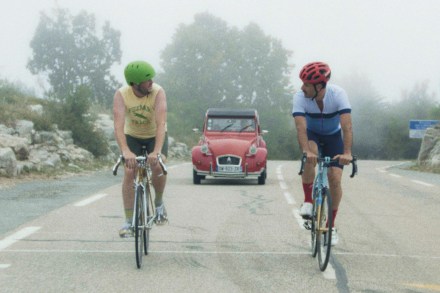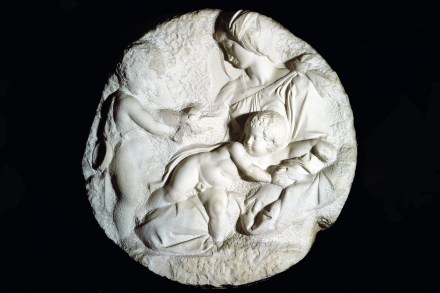Enough plotlines to power several seasons of The West Wing: BBC1’s Roadkill reviewed
Like many a political thriller before it, BBC1’s Roadkill began with a politician emerging into the daylight to face a bank of clicking cameras and bellowing journalists. In this case, the politician was Peter Laurence (Hugh Laurie), the Tory minister for transport, who’d just won a libel case against a newspaper that had accused him of using his cabinet position for personal profit. Exactly what he’s supposed to have done, we don’t yet know — although it does seem pretty clear that whatever it was, he did it. Certainly his own lawyer thinks so, as does the journalist who wrote the story but had to retract it in court when




















